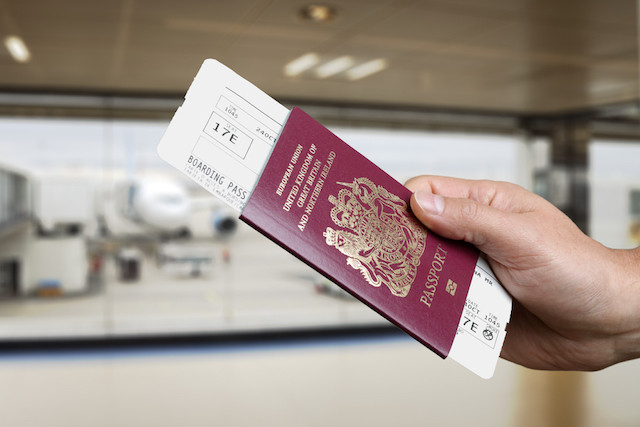Scots travelling to Europe in 2025 will face new fees and forms linked to Brexit, The Scotsman reports.
New Brexit-related barriers will come into force next year, including a €7 levy for holidaymakers travelling to some of the most popular European countries such as Spain, France, Greece and Italy.
This applies to both the new EU entry/exit scheme and the European Travel Information and Authorisation System, and will affect British passport holders, whether they are travelling for leisure or business. So what do holidaymakers need to know before booking their next trip?
What is the EU entry/exit scheme?
The scheme, known as EES, is due to be implemented in the first six months of 2025. It is an electronic system that will replace the physical stamping of passports at passport control. It will record all entries and exits and movements at every border crossing into the EU or Schengen area.
Travellers will need to be photographed and fingerprinted, although children under 12 are exempt from being fingerprinted.
What is the European Traveller Information and Authorisation System?
This system, known as ETIAS, requires all UK citizens, including children, to complete an online application form, provide personal details and answer security questions.
A fee of €7 must also be paid – those under 18 and over 70 are exempt from paying this fee.
The scheme will affect passport holders from 60 countries, including the UK, although EU and Schengen citizens will be exempt from paying the fee even if they live in the UK.
The permit is then linked to the traveller’s passport and is valid for three years or until the passport expires.
The maximum permitted stay in any of the 30 countries covered by the scheme is 90 days within a 180-day period.
People without ETIAS will not be able to enter the 30 countries under the scheme. The scheme is expected to be operational in the second half of 2025.
Which countries are affected?
The majority of EU and Schengen countries will be covered by these rule changes.
These include Austria, Belgium, Bulgaria, Croatia, Cyprus, the Czech Republic, Denmark, Estonia, Finland, France, Germany, Greece, Hungary, Iceland, Italy, Latvia, Liechtenstein, Lithuania, Luxembourg, Malta, the Netherlands, Norway, Poland, Portugal, Romania, Slovakia, Slovenia, Spain, Sweden, and Switzerland.
David Clarke, chairman of the European Movement in Scotland, says the new rules and procedures show how badly voters have been misled about leaving the EU. He said:
“People like Boris Johnson and Nigel Farage said there would be no downsides to leaving the EU. What we got was a smaller economy, less trade, less choice, dearer food and clothing and more complex and more expensive travel. Brexit is a national tragedy, but it can be reversed. We need to rejoin the single European market, as the first step to getting back what the Brexit side duped people into giving up.”
